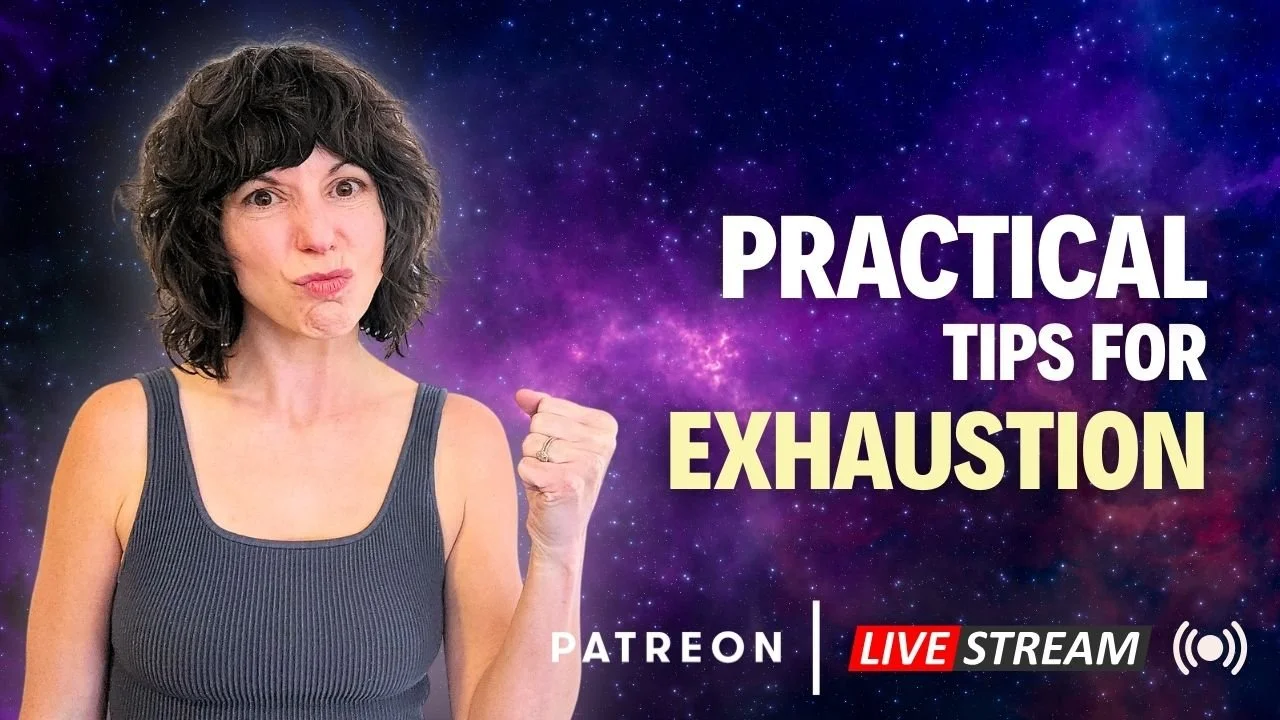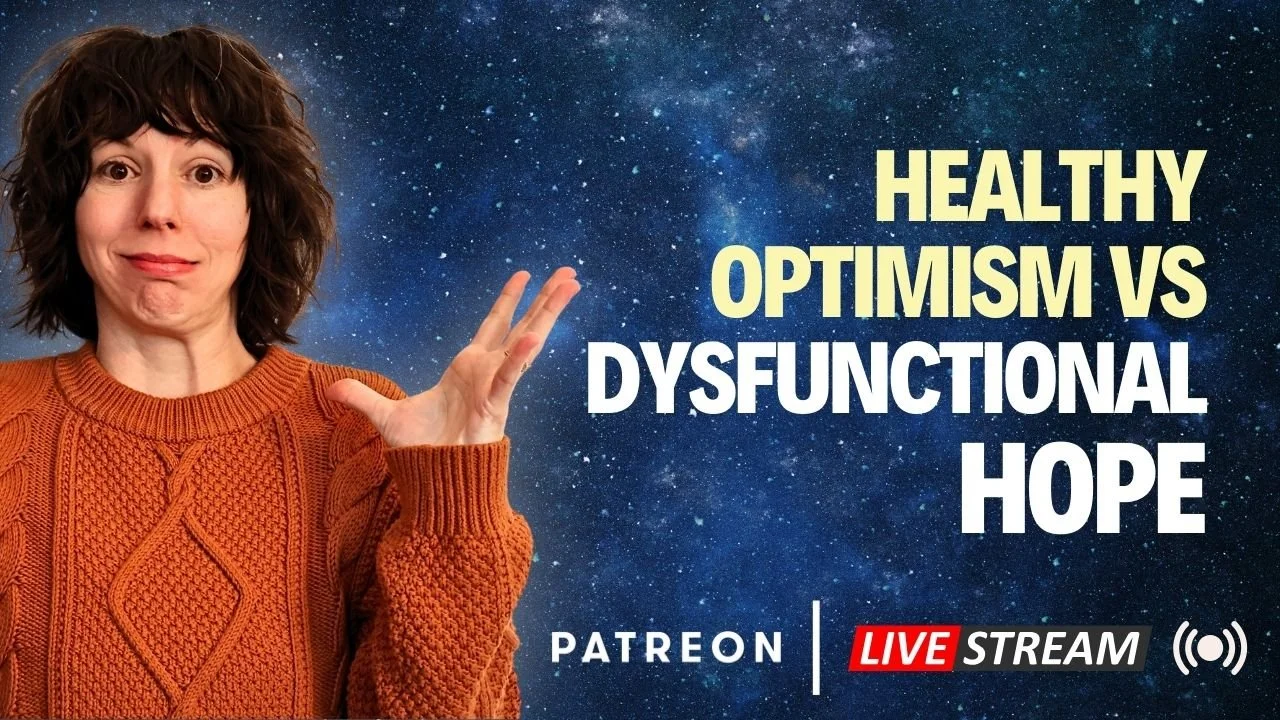Rev Dr. Marlin Lavenhar: How Unitarian Universalism Supports Diverse Spiritual Beliefs & Practices
Unitarian Universalism is a unique and inclusive faith that offers a welcoming space for individuals with diverse spiritual beliefs, especially those who are highly sensitive people (HSPs). By emphasizing love, service, and community over rigid creeds, Unitarian Universalism creates an environment conducive to healing from trauma and fostering mental health. This approach can be particularly beneficial for HSPs, who often seek deeper connections and understanding in their spiritual journeys.
Unitarian Universalism Principles
Unitarian Universalism is distinct in that it binds its community not by a strict creed but by a covenant. This covenant is an agreement among congregants to dwell together in peace, seek the truth in love, and help one another. These principles create a foundation where diverse beliefs are not only accepted but celebrated. Whether an individual believes in God, reincarnation, or no afterlife at all, they are welcome in this inclusive community. This open acceptance is crucial for those healing from religious trauma, as it provides a safe space to explore and redefine their spiritual identities without fear of judgment.
Personal and Spiritual Journey of Unitarians
Unitarian Universalism encourages personal spiritual journeys by allowing individuals to draw from various religious traditions and philosophies. For someone recovering from religious trauma, this freedom is liberating. They can explore different spiritual practices and beliefs, such as Buddhism, Hinduism, or Humanism, and integrate these into their own unique spiritual framework. This process of exploration and integration is essential for HSPs, who often need a gentle and flexible approach to spirituality that respects their sensitivity and depth of feeling.
Healing from Religious Trauma through Unitarian Programs
Religious trauma can leave deep scars, making it difficult for individuals to trust and engage with any form of organized religion. Unitarian Universalism addresses this by providing specialized programs and support groups focused on recovery from religious trauma and fundamentalism. These programs offer a platform for individuals to share their stories, find solidarity, and receive professional guidance on their healing journeys. For HSPs, who may be particularly affected by past religious abuse or manipulation, these supportive communities can be a beacon of hope and a crucial step towards healing.
Unitarian Community and Diversity
One of the core strengths of Unitarian Universalism is its commitment to community and diversity. The faith promotes a pluralistic society where differences are not merely tolerated but embraced and celebrated. This approach helps to combat the feelings of loneliness and isolation that are prevalent in today's society, particularly among HSPs who may feel overwhelmed by the lack of understanding in mainstream environments. By fostering a supportive and diverse community, Unitarian Universalism helps individuals feel connected and valued, enhancing their overall mental health and well-being.
Engagement with Young People
Unitarian Universalism places a strong emphasis on engaging young people and supporting their spiritual development. Programs such as the "Coming of Age" ceremony for ninth graders provide structured opportunities for youth to explore their beliefs and articulate their values. This early engagement helps to instill a sense of purpose and belonging, which is especially important for young HSPs navigating their formative years. These programs not only nurture the spiritual growth of young individuals but also provide a framework for them to understand and process their emotions, contributing to their mental health and resilience.
Role of the Unitarian Church in Addressing Social Issues
The Unitarian Church actively addresses various social issues, including loneliness, depression, and addiction. By creating a supportive community that values service and love, the church offers a refuge for those struggling with these challenges. The emphasis on living a life of service and supporting one another resonates deeply with HSPs, who often seek meaningful connections and purposeful living. Through its inclusive and compassionate approach, Unitarian Universalism helps individuals build emotional resilience and find healing from trauma.
In conclusion, Unitarian Universalism's inclusive principles and supportive community offer a unique path for HSPs and those recovering from religious trauma. By fostering an environment that values love, service, and diversity, the faith provides the tools and support needed for individuals to embark on their spiritual journeys, heal from past traumas, and enhance their mental health. For those seeking a spiritual home that respects and celebrates their individuality, Unitarian Universalism may be the perfect fit.
Episode Tags
- ADD 1
- Abuse 16
- Alcohol 3
- Anger 11
- Archetypes 1
- Bullying 6
- Childhood 37
- Codependency 10
- Covid 4
- Crystal Catalina 4
- Depression 15
- Detachment 2
- Disassociation 4
- Emotions 75
- Existentialism 2
- Faith 1
- Family 28
- Fatigue 4
- Focus 3
- Gratitude 11
- Grief 14
- Guilt 2
- Healers 7
- Healing 52
- High Sensation 4
- Hope 1
- Hypervigilance 7
- Introverts 6
- Lonliness 9
- Love 3
- Manifesting 5
- Manipulation 20
- Masculinity 1
- Men 1
- Mindfulness 39
- Money 10
- Music 3
- Nutrition 2
- Overthinking 8
- PTSD 13
- Parenting 12
- People Pleasing 9
- Perfectionism 6
- Pets 4
- Relationships 21
- Resiliency 14
- Sadness 1
- Self Esteem 19
- Self Love 11
- Self Respect 1
Upcoming Events
Episode Tags
- ADD 1
- Abuse 16
- Alcohol 3
- Anger 11
- Archetypes 1
- Bullying 6
- Childhood 37
- Codependency 10
- Covid 4
- Crystal Catalina 4
- Depression 15
- Detachment 2
- Disassociation 4
- Emotions 75
- Existentialism 2
- Faith 1
- Family 28
- Fatigue 4
- Focus 3
- Gratitude 11
- Grief 14
- Guilt 2
- Healers 7
- Healing 52
- High Sensation 4
- Hope 1
- Hypervigilance 7
- Introverts 6
- Lonliness 9
- Love 3
- Manifesting 5
- Manipulation 20
- Masculinity 1
- Men 1
- Mindfulness 39
- Money 10
- Music 3
- Nutrition 2
- Overthinking 8
- PTSD 13
- Parenting 12
- People Pleasing 9
- Perfectionism 6
- Pets 4
- Relationships 21
- Resiliency 14
- Sadness 1
- Self Esteem 19
- Self Love 11
- Self Respect 1




















